Looking to the Past 100 Years Since the 1924 Indian Citizenship Act
Native scholars and law professionals gather at Northwestern Pritzker Law for conference on Indigenous sovereignty, community.
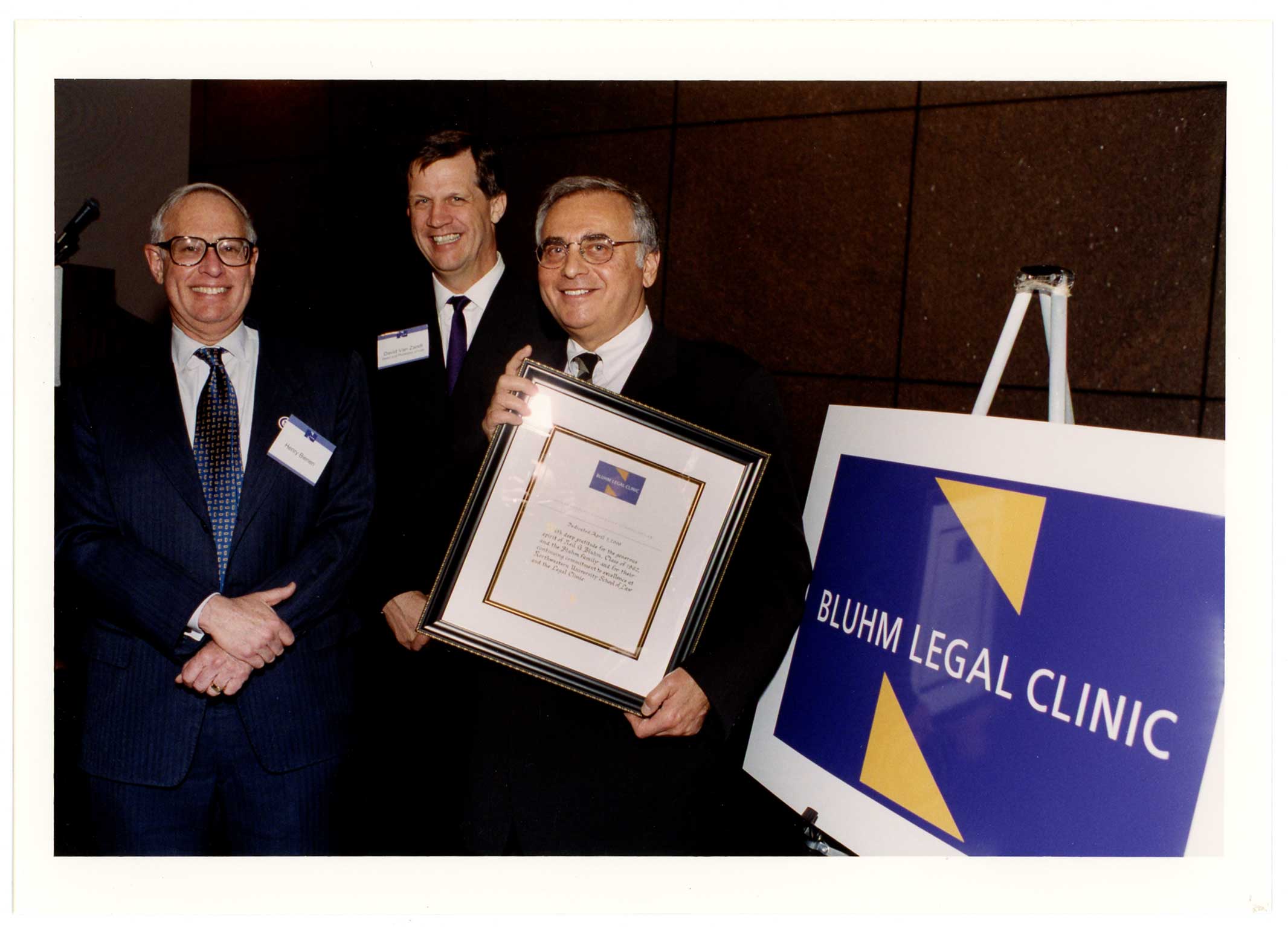
In the late 1960s, inspired by the civil rights movement, a small group of law students proposed starting a clinic to provide legal services to Chicago’s underserved communities. Over the next 50 years, that clinic grew from two attorneys and approximately 20 students in the basement of a building that no longer exists, to one of the most comprehensive clinical programs in the country, with more than 30 attorneys and 200 students per year, occupying an entire floor of a Lake Shore Drive high-rise.
“What started as the brainchild of a few motivated students and faculty members has become a foundational pillar of our Law School,” Dean Kimberly Yuracko says. “I’m thrilled to celebrate the thousands of lives — those of both clients and students — impacted by the Clinic over 50 years. While serving our community, students are gaining unparalleled real-world experience that propels them into their careers.”
The yearlong celebration isn’t solely about reflecting on all the Clinic has accomplished, but using those accomplishments to inspire continued success.
“For 50 years, the Bluhm Legal Clinic’s commitment to our twin missions of teaching excellence and social justice has led us to work with Northwestern Law students on wrongful convictions, healthy environments, human and civil rights, juvenile justice, and more,” Clinic Director Juliet Sorensen says. “At this half-century milestone, we renew our commitment to our twin missions — more relevant today than ever — and look to the future.”
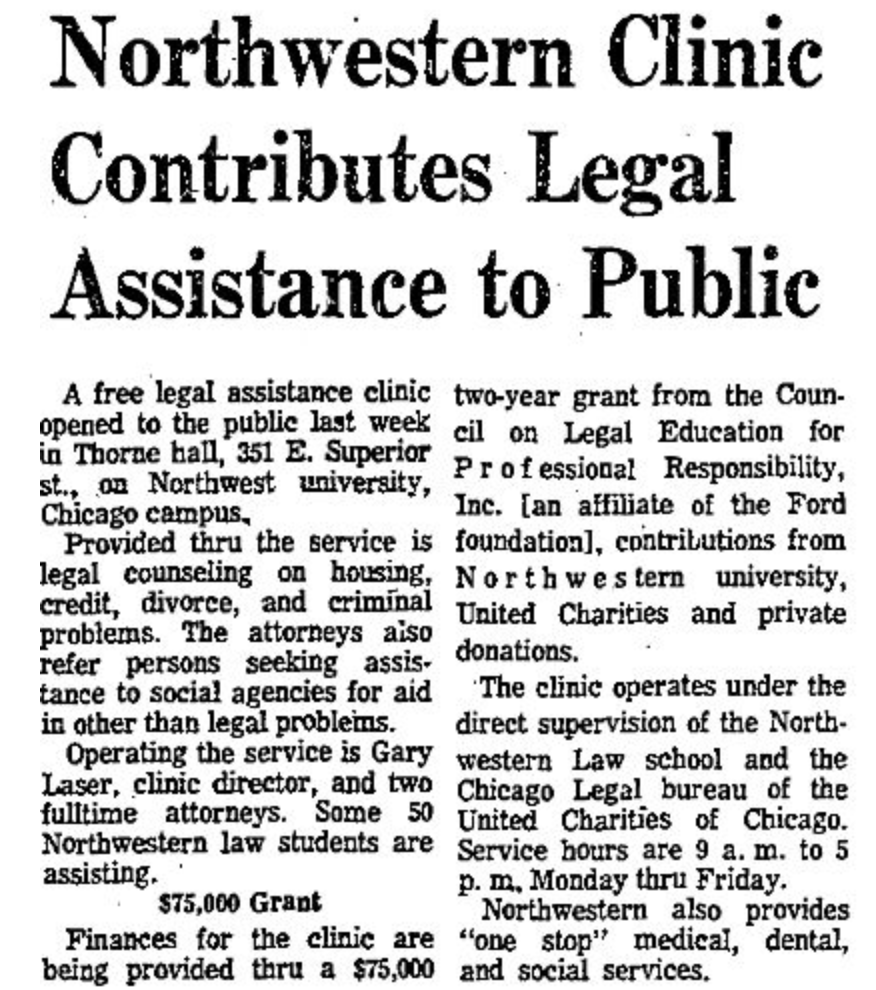
In the mid 1960s, a small group of students, including Thomas F. Geraghty, were concerned about the state of legal services for the poor in the city of Chicago. They approached faculty members Jack Beckstrom and Tom Eovaldi to propose creating an in-house legal clinic, and Beckstrom and Eovaldi in turn lobbied the administration. With an initial $75,000 grant from the Ford Foundation, the Clinic opened, giving students a practical educational opportunity and offering legal services to those in need.
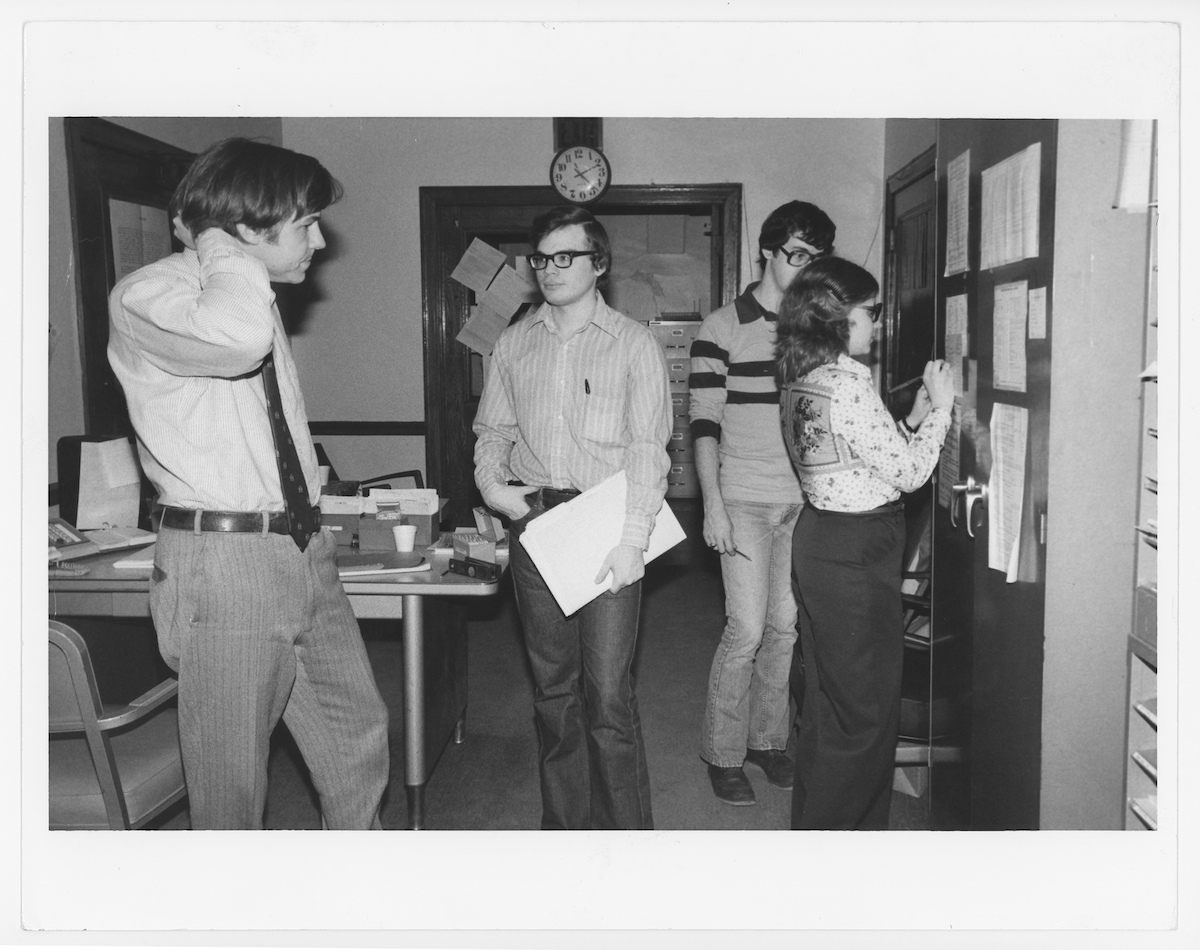
Tom Geraghty became director of the Clinic in 1976 — a position he would hold for more than 40 years. In its earliest days, the Clinic focused largely on divorce and family law cases, criminal defense, and housing issues. As time went on, the Clinic became increasingly dedicated to fair housing and representing young people in juvenile and criminal court.
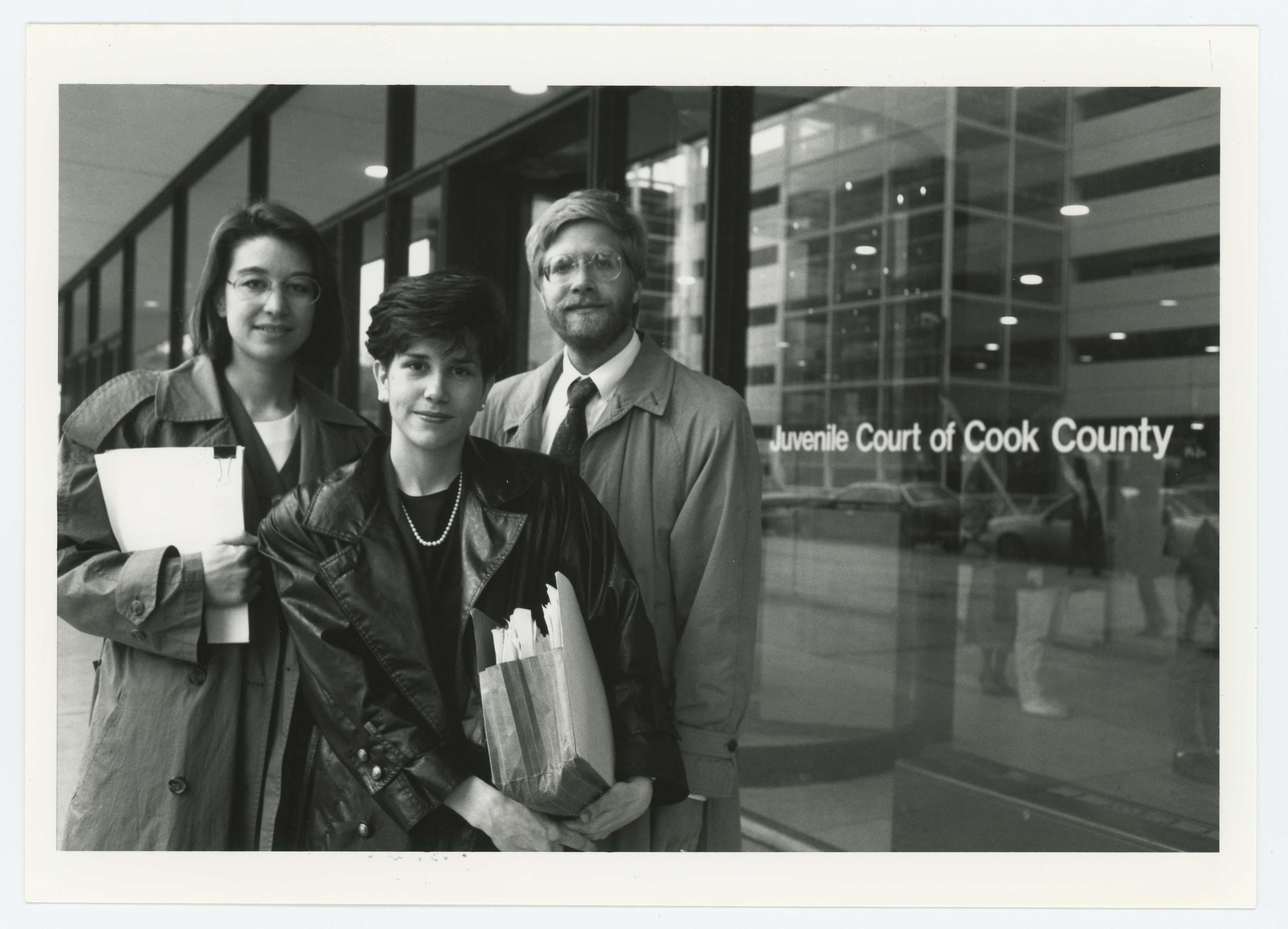
Throughout the 1980s, the Clinic was involved in reforming the Juvenile Court and representing clients in family and juvenile cases, with an eye toward influencing local and national law and policy. Recognizing this important focus, the Children and Family Justice Center (CFJC) was formed in 1992 as the Clinic’s first specialized teaching and policy research center.

In 2000, the Clinic became the Bluhm Legal Clinic in recognition of the generosity of Neil Bluhm (JD ’62). Bluhm’s gift propelled the Clinic’s growth, allowing for more clinical faculty, more specialized centers, and in 2007, a new space befitting a premier teaching law office. The space was designed to accommodate individual instruction, small group meetings, and conferences — and it provided Clinic students with the best view in the Law School.
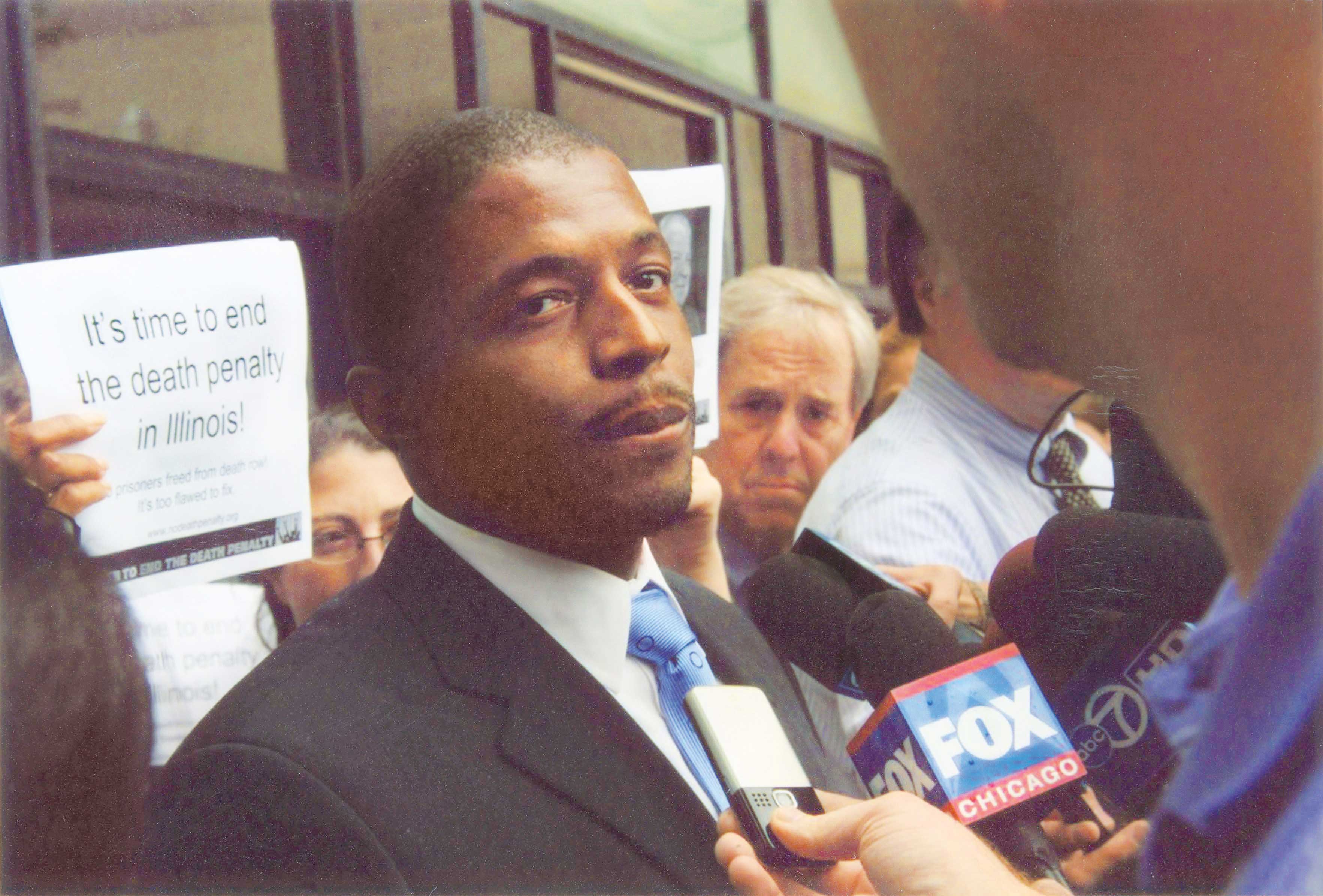
Beginning in the late 1990s, the Clinic was at the forefront of fighting the death penalty in Illinois, representing clients whose cases eventually influenced the 2003 moratorium on the death penalty and its 2011 abolition.
Ronald Kitchen was coerced into confessing by detectives working under Police Commander Jon Burge, and is one of 20 former death row inmates to be exonerated in Illinois. Kitchen spent 21 years in prison, 13 of them on death row.
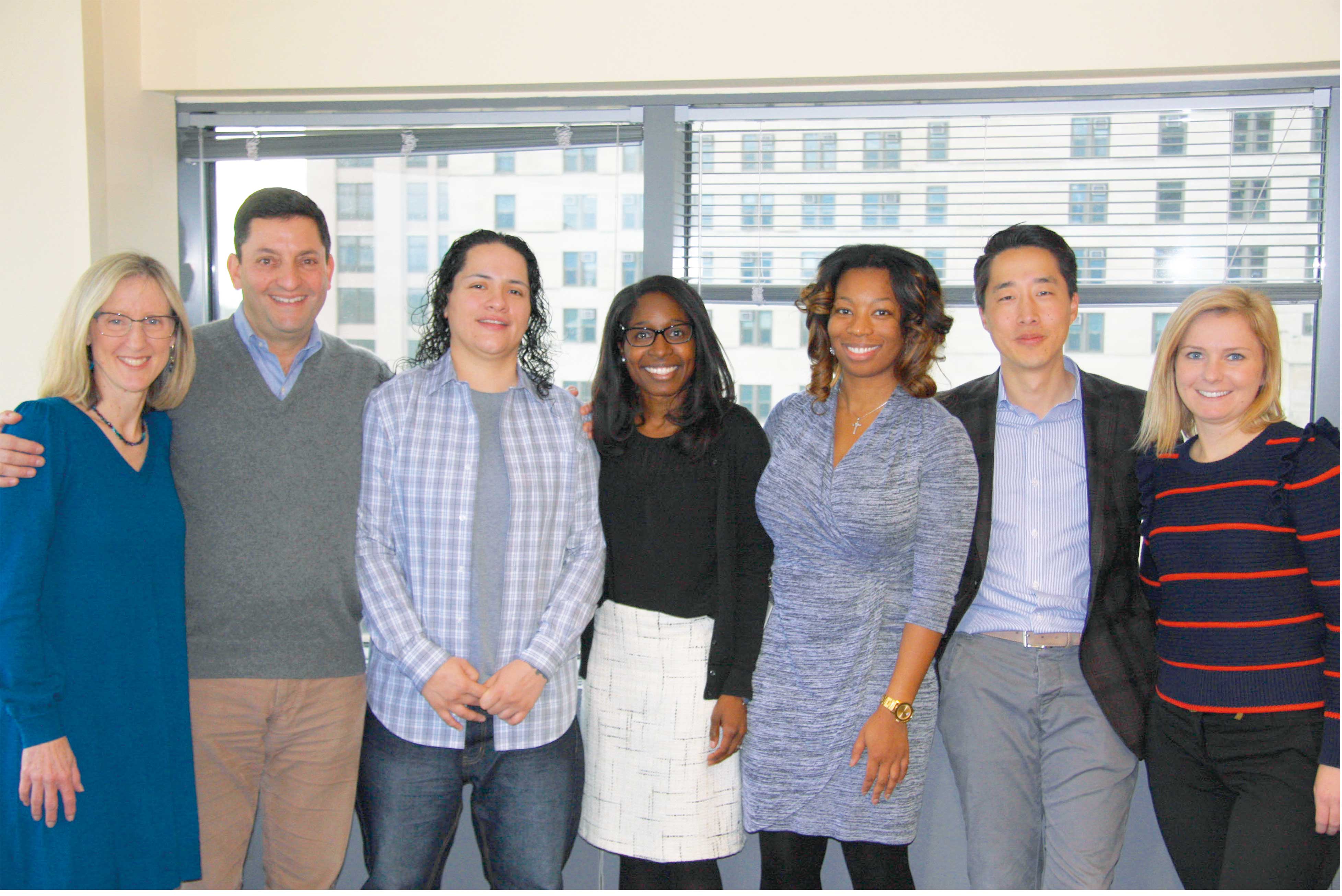
Since its creation in 1999, the CWC has been involved in securing freedom or exonerations for more than 45 wrongfully convicted individuals. The Center’s work has shed light on issues like police torture, unreliable forensic science, and interrogation tactics that can lead to false confessions, especially among youth. The CWC successfully helped exonerate Kerry Masterson when her 2009 murder conviction was thrown out and a jury found her not guilty upon retrial.
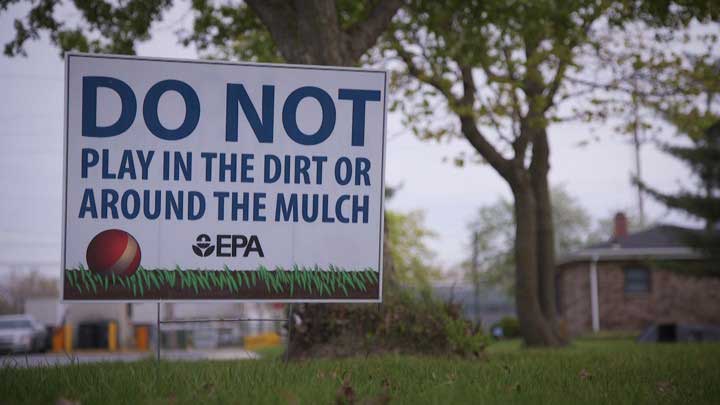
The Clinic created the Environmental Advocacy Center in 2009. The Environmental Advocacy Center represents residents at the lead-contaminated Superfund site in ongoing dealings with the EPA. In its first 10 years, the Center has secured many victories for Illinois and Indiana communities facing hazardous environmental conditions. Students work on advocacy skills both in and out of the courtroom, often partnering with organizations ranging from Northwestern University’s chemistry department to the World Wildlife Fund.
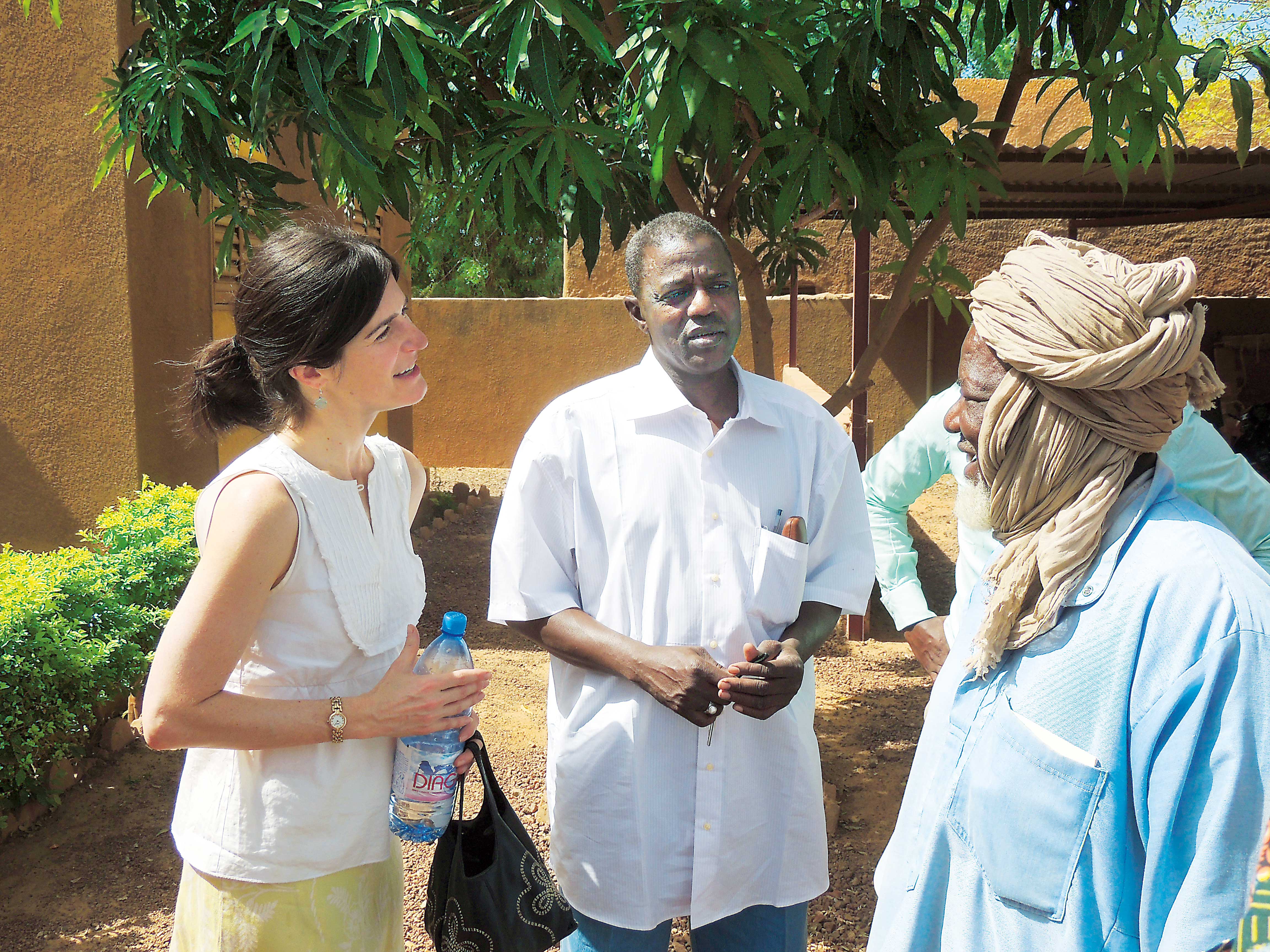
Juliet Sorensen founded Access to Health, an interdisciplinary project run by the Clinic’s Center for International Human Rights, in 2010, broadening international opportunities for students and emphasizing the Clinic’s commitment to recognizing health as a human right. Sorensen became director of the Bluhm Legal Clinic in 2017.
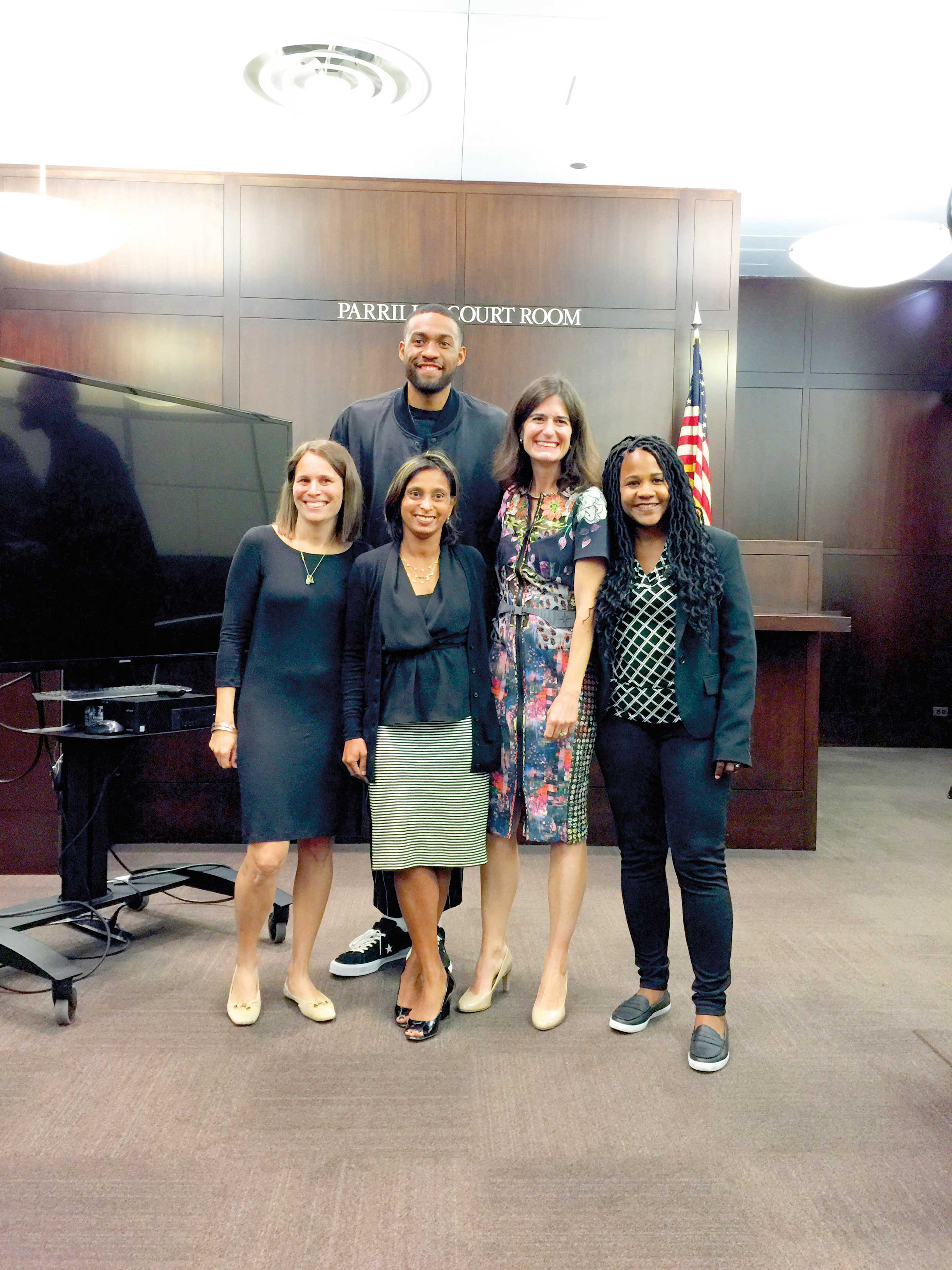
Today, Clinic attorneys and staff across Centers are constantly innovating and collaborating as they fight for social justice and prepare the next generation of public-spirited lawyers.
Native scholars and law professionals gather at Northwestern Pritzker Law for conference on Indigenous sovereignty, community.
Judge Igor Tuleya recognized for his commitment to judicial integrity and independence Northwestern Pritzker School of Law’s Center for International Human Rights (CIHR) will award its ninth ...
Northwestern Pritzker School of Law’s Community Justice and Civil Rights Clinic (CJCR) and community organization GoodKids MadCity (GKMC) hosted a youth-led town hall with Chicago mayoral ...